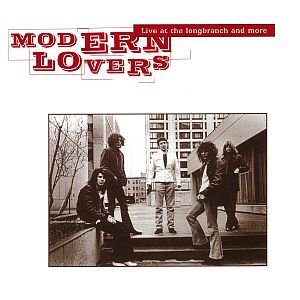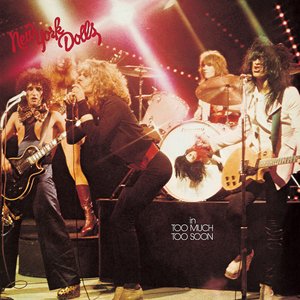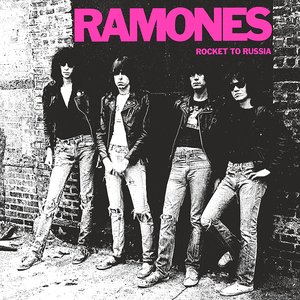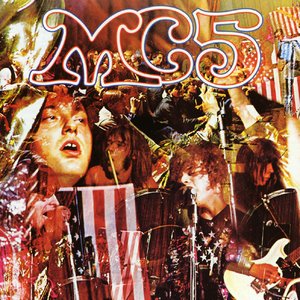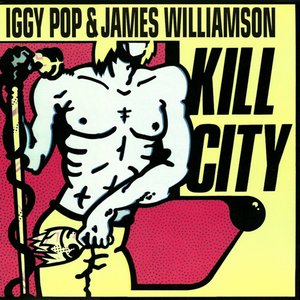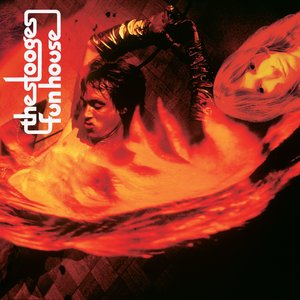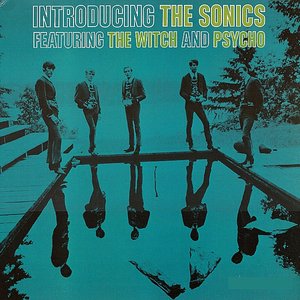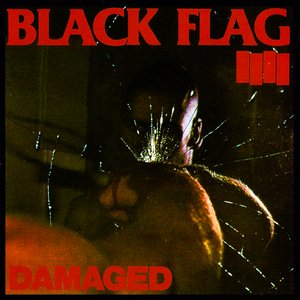Wiki
-
Release Date
7 February 1973
-
Length
8 tracks
Raw Power is the third studio album by American rock band The Stooges. It was released on 7 February 1973 through Columbia Records. Though not initially commercially successful, Raw Power gained a cult following in the years following its release and, like its predecessor (1970's Fun House), is generally considered an influential forerunner of punk rock.
After their first two albums, The Stooges (1969) and Fun House (1970) were released to little commercial success, The Stooges were in disarray: they had officially broken up, bassist Dave Alexander was fighting alcoholism, and singer Iggy Pop's heroin addiction was escalating prior to the intervention of David Bowie. Iggy later recalled, "Very few people recognized the quality of the Stooges' songwriting, it was really meticulous. And to his credit, the only person I'd ever known of in print to notice it, among my peers of professional musicians, was Bowie. He noticed it right off."
Iggy relocated to London, having signed on as a solo artist to MainMan Management (who also handled Bowie) and Columbia Records. In London, Iggy was to write and record an album with James Williamson, who had joined The Stooges as a second guitarist in late 1970. After they couldn't find a suitable English rhythm section, Williamson suggested that former Stooges Ron Asheton and Scott Asheton fly over and participate in the recording sessions. With Williamson already on guitar, Ron, the group's founding lead guitarist, was relegated to bass, while Scott took up his usual position behind the drum kit.
Iggy said that Columbia executives insisted on two ballads, one for each side of the record; these two were "Gimme Danger" and "I Need Somebody". The album was recorded in London's CBS Studios, from 10 September – 6 October 1972. Iggy produced and mixed the album by himself; unfortunately, his botched first attempt mixed most of the instruments into one stereo channel and the vocals into the other, with little regard for balance or tone quality. Tony DeFries, the head of MainMan, informed Iggy that the album would be remixed by David Bowie. Iggy agreed to this, claiming that "the other choice was I wasn't going to get my album out. I think DeFries told me that CBS refused to release it like that, I don't know",
but insisted that his own mix for "Search and Destroy" be retained. Due to budgetary constraints, Bowie remixed the other seven songs in a single day in an inexpensive Los Angeles studio, Western Sound Recorders, in October 1972. According to Iggy, the mixing session took place in one day
Album descriptions on Last.fm are editable by everyone. Feel free to contribute!
All user-contributed text on this page is available under the Creative Commons Attribution-ShareAlike License; additional terms may apply.

